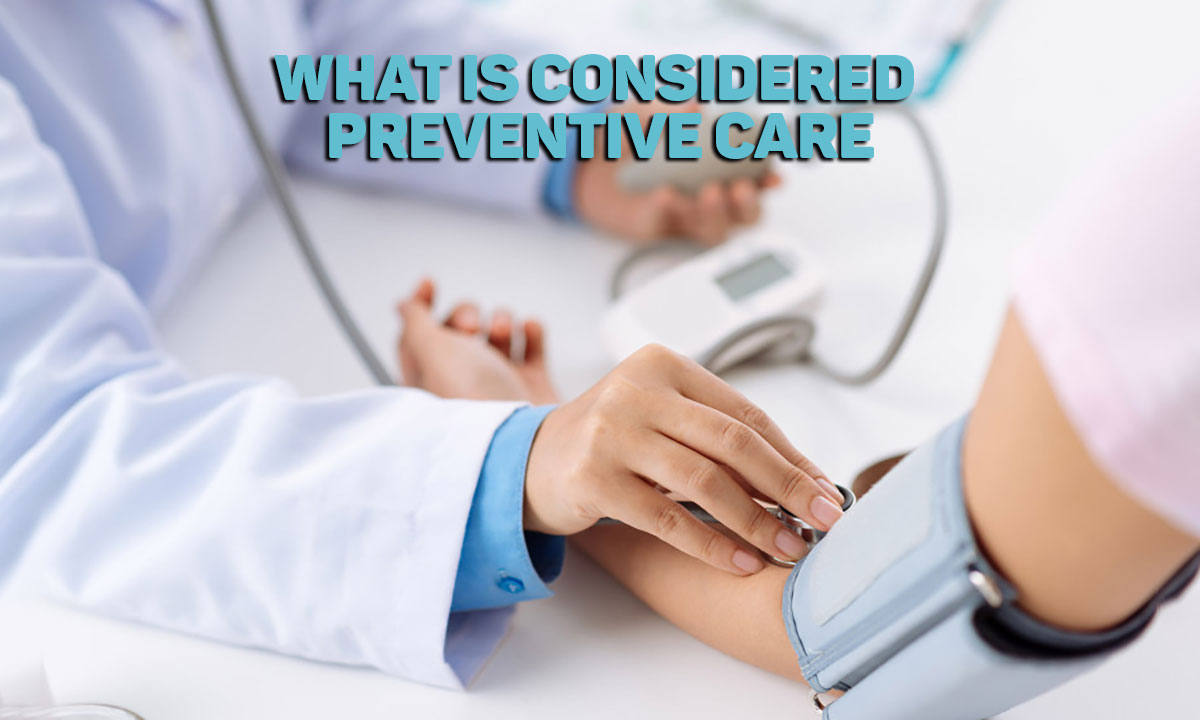Preventive care encompasses medical services designed to protect against health emergencies and diseases – like annual checkups, screenings, and immunizations. Preventive care benefits are an invaluable way to save money on healthcare costs.
Vaccinations
Vaccines provide the means for early disease prevention. Effective vaccines have helped eliminate diseases like smallpox, nearly ended polio transmission, and reduced cases of measles and whooping cough.
Vaccines work by “training” your immune system to recognize specific germs. They do this by injecting into your body small amounts of attenuated viruses or bacteria which will eventually kill or weaken, such as pieces from disease-causing germs.
Your immune system forms antibodies against germs through this ‘trial,’ leading it to remember how to defend against them without getting sick and attack them before they cause illness – this is known as naturally acquired immunity. Vaccines protect those unable to receive them due to illness or compromised immunity by creating community immunity through “herd immunity.” They contain only safe ingredients; most people only experience minor side effects like fever, rash, or swelling that subside quickly within minutes after getting vaccinated.
Screenings
Screening tests can detect disease at its earliest stage, when treatment may be more successful than after symptoms appear. Unfortunately, not all screenings are cost-effective; to make an economical screening choice it must be inexpensive to administer and cause minimal discomfort or distress; additionally it must have high accuracy rates (i.e. low false positive rate).
Screens for diabetes, cancer and depression can help people ward off disease before it takes root. Counseling sessions may assist them with making healthy lifestyle choices such as quitting smoking and becoming more aware of family histories or risk factors for certain conditions.
Studies indicate that clinical preventive services are underutilized. According to a recent analysis of costs and benefits by the National Commission on Prevention Priorities, only 15 out of 25 preventive services reviewed were cost-effective (Table 6-2), meaning only half result in net medical savings; remaining services may either not offer sufficient returns on investment or even cause unnecessary harms.

Healthy Lifestyle Counseling
Many health conditions that require treatment are the result of lifestyle factors like smoking, diet, and lack of physical activity. Therefore, preventive healthcare services focus on helping individuals overcome any unhealthy habits that increase their risk for certain conditions and diseases.
Counseling on smoking cessation, balanced eating, and physical activity as well as nutrition therapy for chronic conditions like diabetes and hypertension is also provided through these services. Many medical societies and reputable clinical practice guidelines endorse such services.
The Affordable Care Act mandates that health insurers provide preventive services without cost-sharing requirements or deductibles, provided they’re recommended by your physician. The ACA outlines which services adults must receive without cost-sharing while another list contains services provided for children. Your PCP can recommend which tests and visits are most relevant based on factors like your age, family history, gender, and risk profile.
Education
Education can also promote healthy behaviors while helping prevent disease before it arises. Research indicates that basic educational skills — knowledge, reasoning ability, and emotional self-regulation — have an immediate effect on health outcomes.
Education can also help individuals understand why certain risks aren’t worth taking, for instance, studies have revealed that anti-smoking ads increase people’s likelihood of quitting smoking resulting in better health outcomes.
Preventive healthcare differs from traditional medical care by seeking to identify and address health concerns before they have the chance to develop into serious conditions. That’s why regular checkups, screening tests, and vaccinations – many of which are covered 100% by insurance plans – are so essential.

